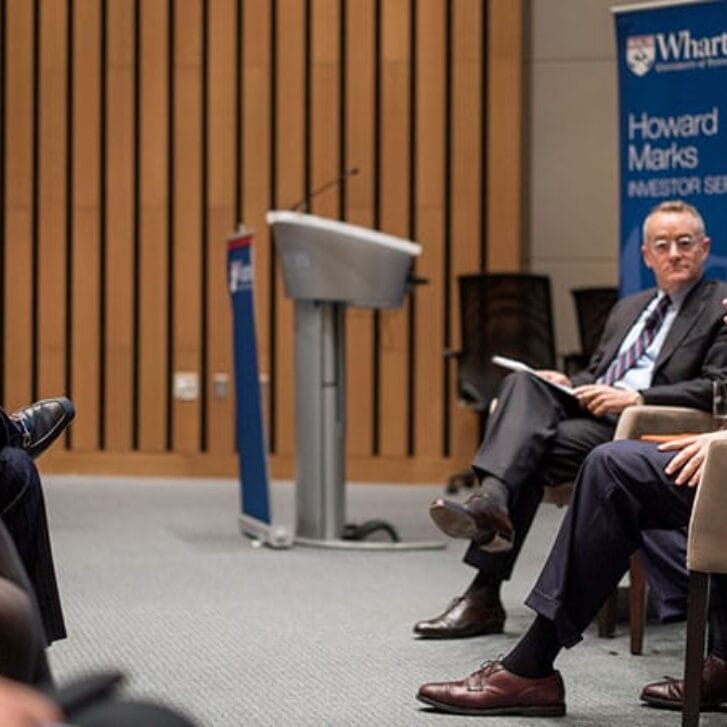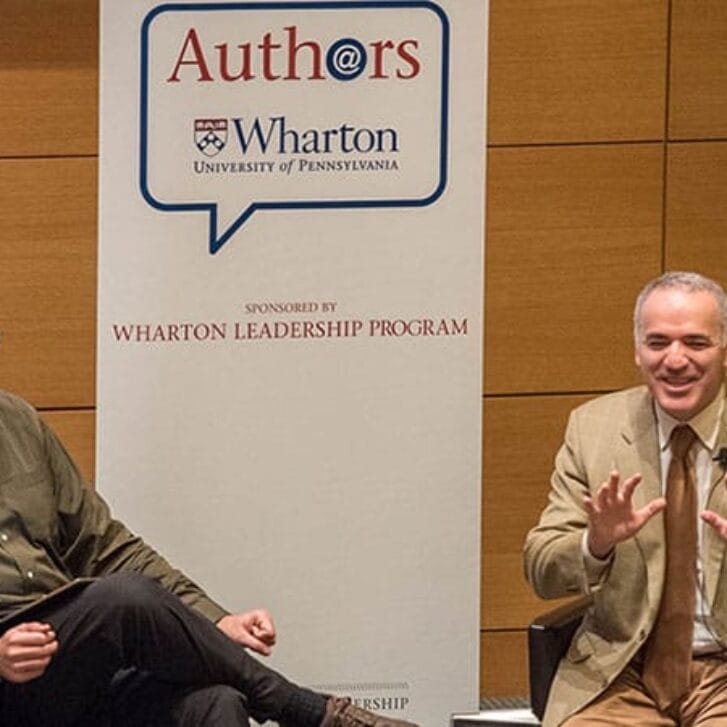Sunk costs. You learn a lot about them at Wharton. The key thing about sunk costs is to never let them influence future decisions, and that’s exactly the principle I used to recently re-evaluate my involvement in extracurricular activities.
First, an example. Suppose Nike, a company that targets young athletic people, is now considering targeting senior citizens. To decide whether to target this segment, Nike will perform a market research study, which incurs costs from money spent and labor used. Nike will then use the information in the study to decide if the benefits of targeting the elderly segment outweigh the costs. Importantly, the costs incurred in performing the market research study should not affect Nike’s decision because they are sunk costs.
At the beginning of sophomore year, I wanted to leave two clubs I was involved in. I was just starting to discover my interests in data analytics and consulting, and at the same time, I realized that my roles in the Wharton Undergraduate Finance Club (WUFC) and the Student Federal Credit Union (SFCU) were not engaging my interests. Although I knew I wanted to leave, I was faced with a personal dilemma. How do I justify leaving these clubs? I had already spent two semesters with both the SFCU and WUFC and done a significant amount of work for both. If I leave now, doesn’t that mean I wasted two semesters of my time and that all the work was for nothing?
I felt stuck in this dilemma of justifying my leaving until I started to approach it differently. I realized that my involvement in the SFCU and WUFC was an experiment. The purpose of this experiment was to provide information valuable in answering the question, “Are finance and banking areas that interested me?” analogous to Nike’s question, “Are senior citizens worth targeting?” By the beginning of my second year, I had the results of my experiment, and the results indicated that I was not interested in finance and banking. The costs of time and work done for the SFCU and WUFC were sunk costs, just like the costs of the Nike market research study.
Putting these sunk costs aside, I weighed the benefits of leaving these clubs (e.g., the opportunity to engage in more interesting activities) against the costs (e.g., upsetting my peers in those clubs) and discovered that the benefits of leaving were much greater. Consequently, I dropped my commitments to the SFCU and WUFC and have since become involved in three new activities on campus. As I near the end of my sophomore year, I am having a blast with my new activities, and that decision to leave the SFCU and WUFC feels like it was the right one.
In general, I would encourage students to use this type of approach when reevaluating their commitments, maybe once or twice each semester. If you do decide to drop a commitment, it is important to always be professional and respectful to your peers, in addition to being rational. But most important of all, never let sunk costs hold you back from making the right decision.
Editor’s note: This blog originally appeared on the Wharton Undergraduate Program’s Student Voices blog on May 14, 2015.


























